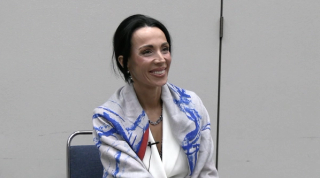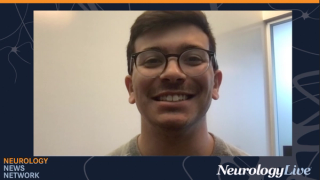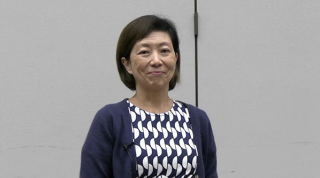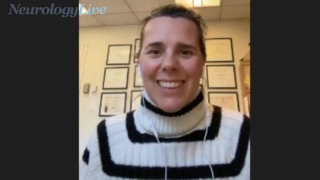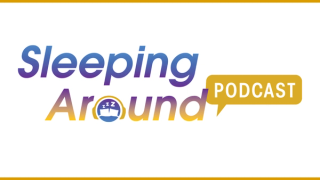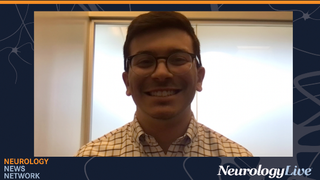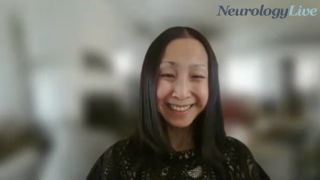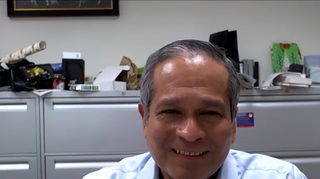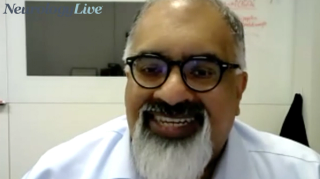
Sleep Disorders
Latest News
Latest Videos

CME Content
More News

The double-blind, single-dose, 5-period crossover study is expected to include approximately 40 patients with narcolepsy type 1 to test 3 dose strengths of E2086.

Test your neurology knowledge with NeurologyLive®'s weekly quiz series, featuring questions on a variety of clinical and historical neurology topics. This week's topic is on care of idiopathic hypersomnia.

Mind Moments®, a podcast from NeurologyLive®, brings you an exclusive interview with Phil Jochelson, MD. [LISTEN TIME: 20 minutes]

Known as REVITALYZ, the double-blind, placebo-controlled study will assess the effect of once-nightly sodium oxybate on the primary end point of change in Epworth Sleepiness Scale over a 14-week period.
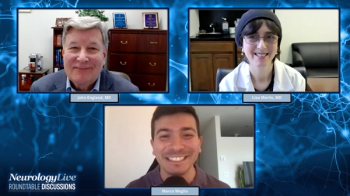
The meeting with the American Neurologic Association fosters collaboration, networking, and joint sessions, enhancing knowledge sharing among academic neurologists.
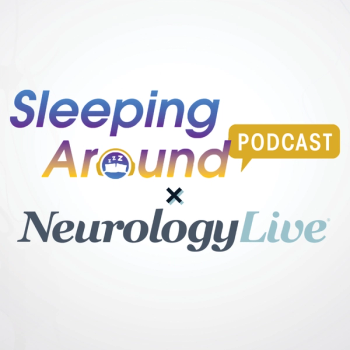
Sleeping Around the Podcast × NeurologyLive brings you a clinical overview of the use of erenumab, an FDA-approved medication for migraine, and the interactions between CGRP and orexin.

In this episode, the panel discusses the emerging challenges for neurology departments, the shortage of neurologists, and the ways to disseminate between useful and useless information amid a busy career.

John England, MD, and Lisa Merlin, MD, commented on the significant changes to neurology over the years and how education aligns with the latest in treatments advancements and understanding of neurological disorders.

The duo provided insight on a number of key sessions clinicians and neurology educators should attend at the upcoming AUPN Annual Meeting.

Panelists John England, MD, FAAN, and Lisa Merlin, MD, discuss the main objectives of the upcoming AUPN Annual Meeting, set to take place September 14th in Orlando, Florida.

Here's some of what is coming soon to NeurologyLive® this week.

Test your neurology knowledge with NeurologyLive®'s weekly quiz series, featuring questions on a variety of clinical and historical neurology topics. This week's topic is on congenital muscular dystrophy.

Take 5 minutes to catch up on NeurologyLive®'s highlights from the week ending July 26, 2024.

Here's some of what is coming soon to NeurologyLive® this week.

Test your neurology knowledge with NeurologyLive®'s weekly quiz series, featuring questions on a variety of clinical and historical neurology topics. This week's topic is on progressive multiple sclerosis.

Take 5 minutes to catch up on NeurologyLive®'s highlights from the week ending July 19, 2024.

The therapeutic head for Clinical Development Neuroscience at Jazz Pharmaceuticals discussed how sodium oxybate has evolved over the years and the educational aspects of cardiovascular implications patients and clinicians should be aware of. [WATCH TIME: 3 minutes]
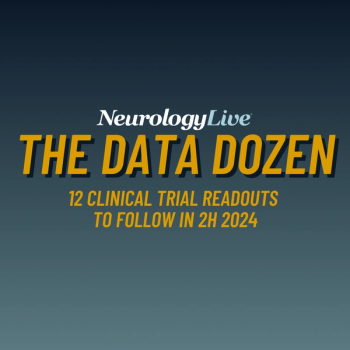
Take a look at some of the most-anticipated clinical trials with expected data readouts in the second half of 2024 that researchers and clinicians in neurology should keep an eye out on.

The neurologist and clerkship director at the University of Connecticut provided perspective on the developing role of clerkship directors and the value they provide to neurology departments.

Here's some of what is coming soon to NeurologyLive® this week.

Test your neurology knowledge with NeurologyLive®'s weekly quiz series, featuring questions on a variety of clinical and historical neurology topics. This week's topic is on multiple system atrophy.

Take 5 minutes to catch up on NeurologyLive®'s highlights from the week ending July 12, 2024.

The therapeutic head for Clinical Development Neuroscience at Jazz Pharmaceuticals provided clinical insight on a new study evaluating the effect of switching from high- to low-sodium oxybate on blood pressure. [WATCH TIME: 4 minutes]

Catch up on any of the neurology news headlines you may have missed over the course of June 2024, compiled all into one place by the NeurologyLive® team.

Here's some of what is coming soon to NeurologyLive® this week.




